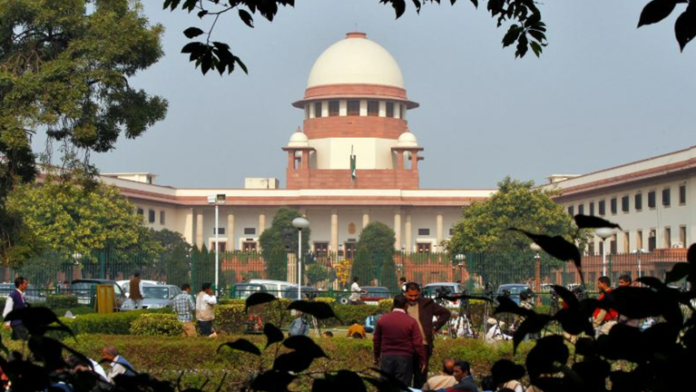The Supreme Court of India has strongly condemned the practice of “bulldozer justice,” declaring it incompatible with a civilized legal system. In a landmark ruling on November 6, 2024, Chief Justice D.Y. Chandrachud underscored that such actions—where state authorities demolish properties as punitive measures—violate the rule of law and citizens’ constitutional right to property under Article 300A.
The case that led to the court’s ruling involved the illegal demolition of a house in Maharajganj district, Uttar Pradesh, where authorities had bypassed due process. The court ruled that any demolition must follow a structured process, including proper surveys, written notices, and consideration of objections from affected individuals. It cautioned against granting state officials unchecked power, warning that arbitrary actions could lead to selective reprisals against individuals based on extraneous factors.
As part of its judgment, the court ordered the Uttar Pradesh government to provide ₹25 lakh in interim compensation to the petitioner and directed disciplinary action against officials involved in the unlawful demolition. In its ruling, the court stated, “Justice through bulldozers is unknown to any civilized system of jurisprudence,” and affirmed that citizens’ rights cannot be undermined by threats of property destruction.
This ruling marks a critical shift in judicial oversight of property rights and state actions, especially in the context of demolitions targeting protesters or government critics. The Supreme Court’s decision establishes stricter guidelines to ensure accountability among public officials and protect citizens from arbitrary state actions.



